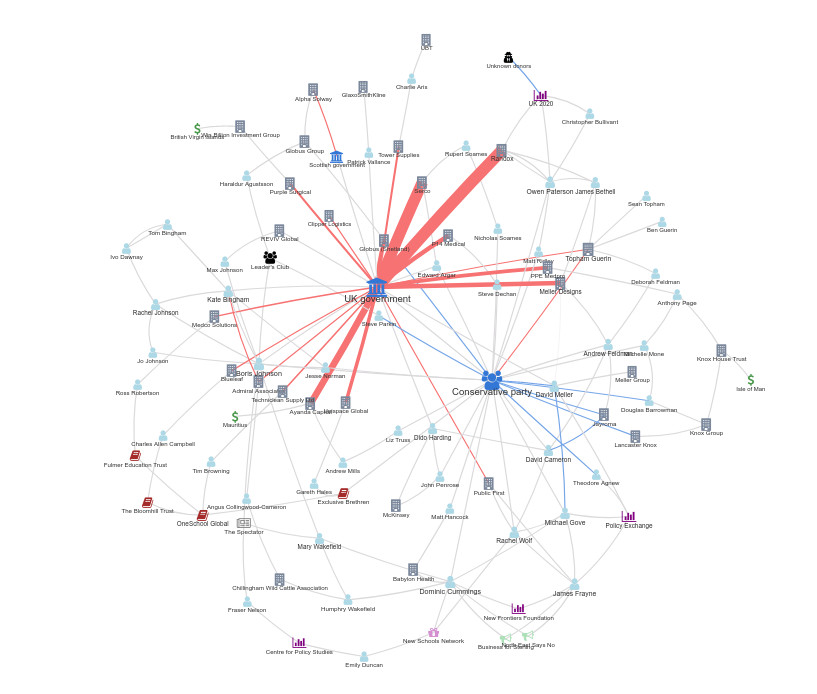
Canada's #MasseyLectures is among the anglosphere's great lecture series, on par with BBC's #ReithLectures. This year's lecturer is @RonDeibert, whose @citizenlab provides forensics and protection for civil society from despots and corporate bullies.
cbc.ca/radio/ideas/20…
1/
cbc.ca/radio/ideas/20…
1/

The theme of Deibert's lectures is RESET, the idea that the internet has become a toxic runaway process, harmful to human thriving, in need of being rolled back to a known-good state and re-run. It's accompanied by an excellent book of the same title.
houseofanansi.com/products/reset
2/
houseofanansi.com/products/reset
2/
I read Reset when it was in production: it's comprehensively details exactly how the internet got to this state: the combination of sociopathic greed, regulatory indifference and spies' desire to preserve defects in our technology so they can attack their enemies.
3/
3/
The first episode of Deibert's Massey Lectures dropped tonight: "Look At That Device In Your Hand," about mobile computing, and beyond lazy narratives about "addiction."
cbc.ca/listen/live-ra…
4/
cbc.ca/listen/live-ra…
4/
Deibert's lecture is interspersed with commentary by the likes of @mer__edith, @jjn1, and @astradisastra (among others); making for a rich, reflective experience.
5/
5/
It's the first of six lectures, one every night this week and another on Monday. You can follow them all via the CBC Ideas podcast:
cbc.ca/radio/ideas
Here's the MP3 for tonight's debut:
22153.mc.tritondigital.com/CBC_IDEAS_P/me…
eof/
cbc.ca/radio/ideas
Here's the MP3 for tonight's debut:
22153.mc.tritondigital.com/CBC_IDEAS_P/me…
eof/
• • •
Missing some Tweet in this thread? You can try to
force a refresh











